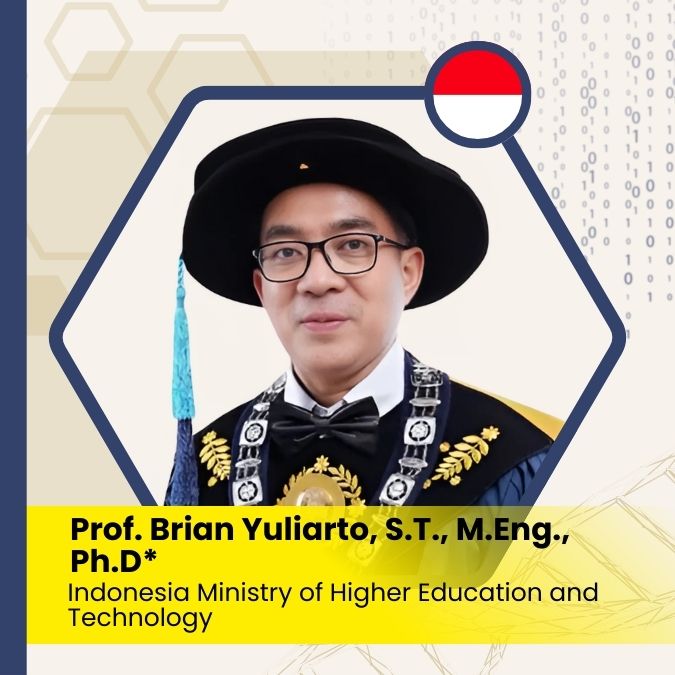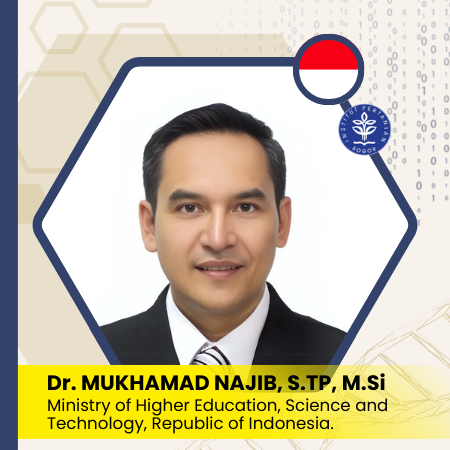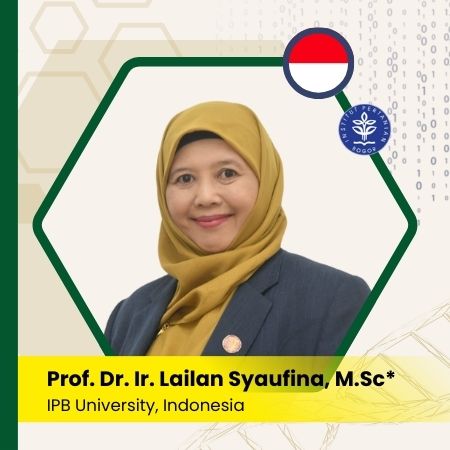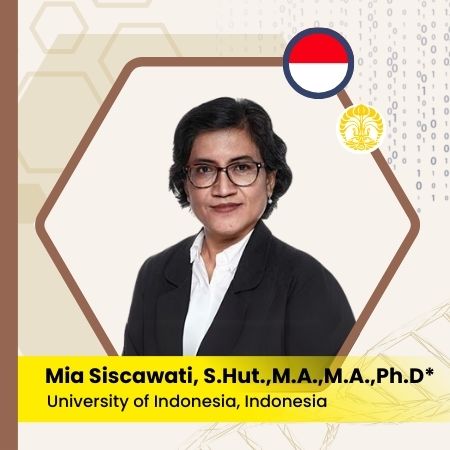IMPORTANT DATES:
• Abstract Submission:
1 March - 31 March 2025 19 April 2025
• Pre-Conference:
15 & 29 April 2025
• Abstract Acceptance Notification:
05 April 2025 22 April 2025
• Registration and Full Payment:
14 March – 08 May 2025
• Media Submission:
14 March – 08 May 2025
• Online Conference:
22 – 23 May 2025
• Post-Conference:
31 May 2025
• Full Paper Submission:
23 May - 07 June 2025
• Scopus Proceeding Submission:
07 July 2025
About the Journal
The 2nd International Seminar on Tropical Bioresources Advancement and Technology (ISOTOBAT 2025) is a ground-breaking event exploring emerging science, innovation and technology in fostering future advancement of tropical bioresources. The ISOTOBAT 2025 is organized by The Directorate of Strategic Studies and Academic Reputation, IPB University, in partnership with Institute of Tropical Agriculture and Food Security (ITAFoS), Universiti Putra Malaysia. This premier event is dedicated to advancing knowledge and understanding of tropical bioresources across various sectors including agriculture, forestry, marine, and animal sciences. The seminar is designed as a multidisciplinary platform for experts, researchers, students, and enthusiasts to share insights and foster collaborations towards a sustainable and healthier future. This seminar focuses on promoting sustainable innovation for the management of tropical bioresources in the digital era, exploring new strategies and technologies to enhance resource efficiency, environmental conservation, and economic development.
ISOTOBAT 2025 is the continuation of the 2024 conference, which highlighted "Harnessing Innovation and Technology in Fostering the Advancement of Tropical Bioresources" and led to the publication of 80 papers in BIO Web of Conferences (Scopus-indexed; https://www.bio-conferences.org/articles/bioconf/abs/2024/42/contents/contents.html), ISOTOBAT 2025 aims to attract more than 200 paper submissions, with international contributions projected to reach 30%.
ISOTOBAT 2025 carries the theme "Sustainable Innovation for Tropical Bioresources Management in the Digital Era". The seminars will encompass four critical sub-themes, each addressing different facets of tropical bioresources:
- Agriculture, Animal Sciences, Agroforestry, and Agromaritime Innovation.
- Socio-economics and Business Transformation in Tropical Bioresources.
- Innovative Technologies in Bioresource Science and Engineering.
- Bioresources in Food and Nutrition for a Healthier Future.
Current Issue

"Bioresources in Food and Nutrition for a Healthier Future" offers a forward-thinking approach to using natural resources to meet the increasing global demand for nutritious and sustainable food. This subtheme combines principles of biodiversity conservation, bioeconomy, and nutritional science to drive innovation in food production, improve dietary diversity, and enhance human health and well-being.
At its heart, this subtheme recognizes the value of biological resources, including plants, animals, microorganisms, and marine life, as key elements of the food system. It focuses on managing and using these resources sustainably to ensure their long-term availability while fulfilling the nutritional needs of a growing global population.
Central to this approach is the bioeconomy, which aims to maximize the value of biological resources through advanced technologies and processes. From bioprospecting and genetic engineering to biorefining and utilizing by-products, bioresources are creatively used to produce value-added food products, ingredients, and supplements that support health and nutrition.
This subtheme also highlights the critical role of biodiversity in ensuring food and nutrition security. By promoting the conservation of diverse ecosystems and the genetic variety of crops, livestock, and aquatic species, it helps strengthen the resilience of the food system against environmental threats and guarantees access to a broad range of nutrient-rich foods.
In nutrition, bioresources are vital in combating malnutrition and diet-related health issues by offering a variety of nutrient-dense foods and functional ingredients. This includes incorporating underutilized food crops, traditional foods, and wild-harvested species into diets, along with developing fortified foods and bioactive compounds to address specific nutritional needs.
Furthermore, this subtheme emphasizes the interconnectedness of food systems, human health, environmental sustainability, and socio-economic development. It underscores the importance of interdisciplinary approaches that address the complex relationships between food production, consumption, and health outcomes, as well as the cultural and social aspects of food.
In conclusion, Bioresources in Food and Nutrition for a Healthier Future represents a comprehensive approach to transforming food systems, grounded in sustainability, equity, and resilience. By tapping into the potential of biological resources and fostering innovation throughout the food value chain, it aims to create a healthier, more sustainable future for all.





























